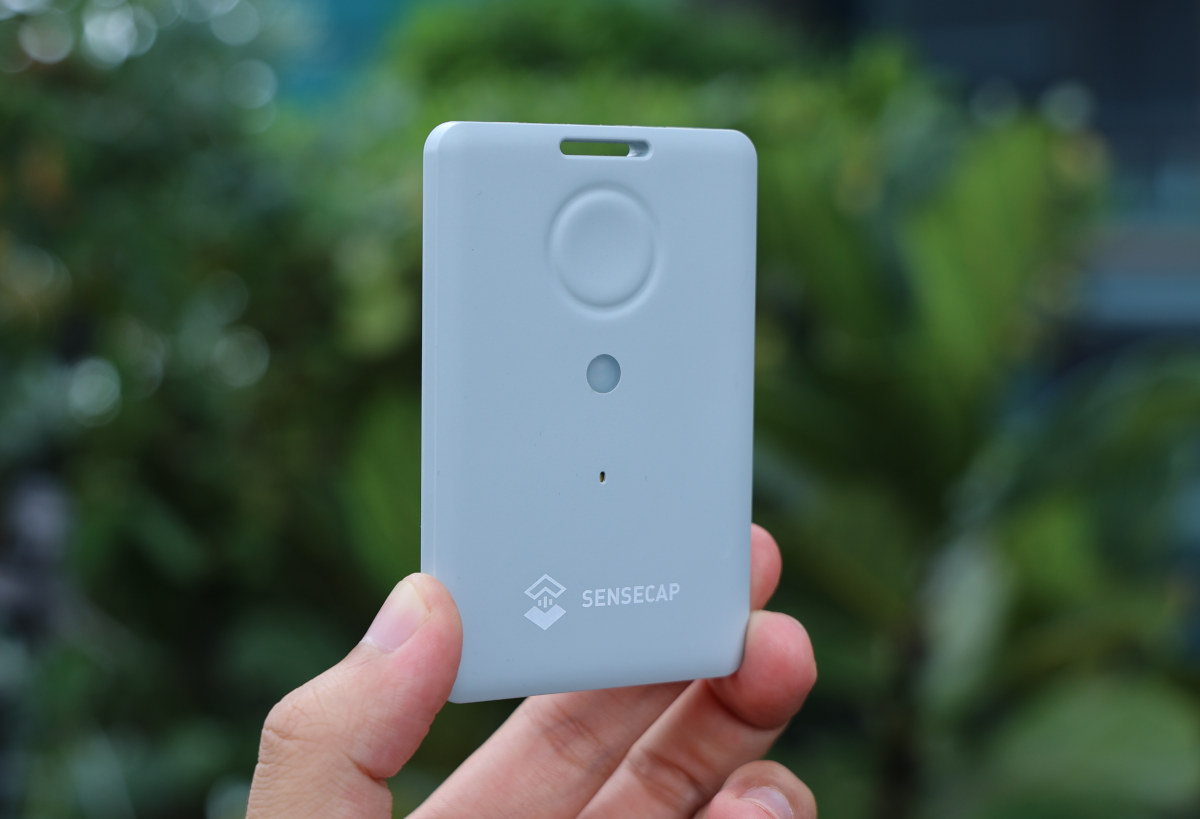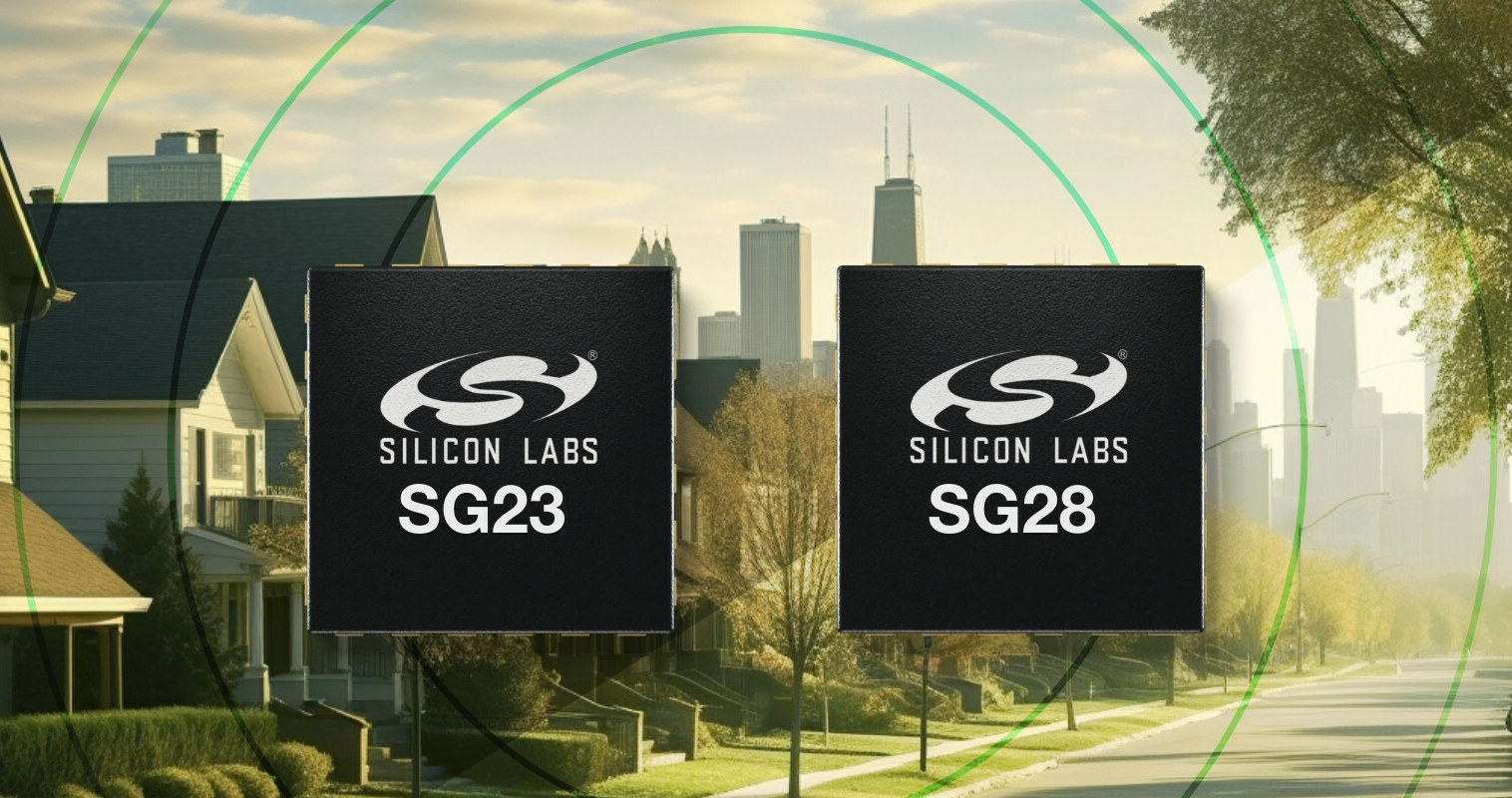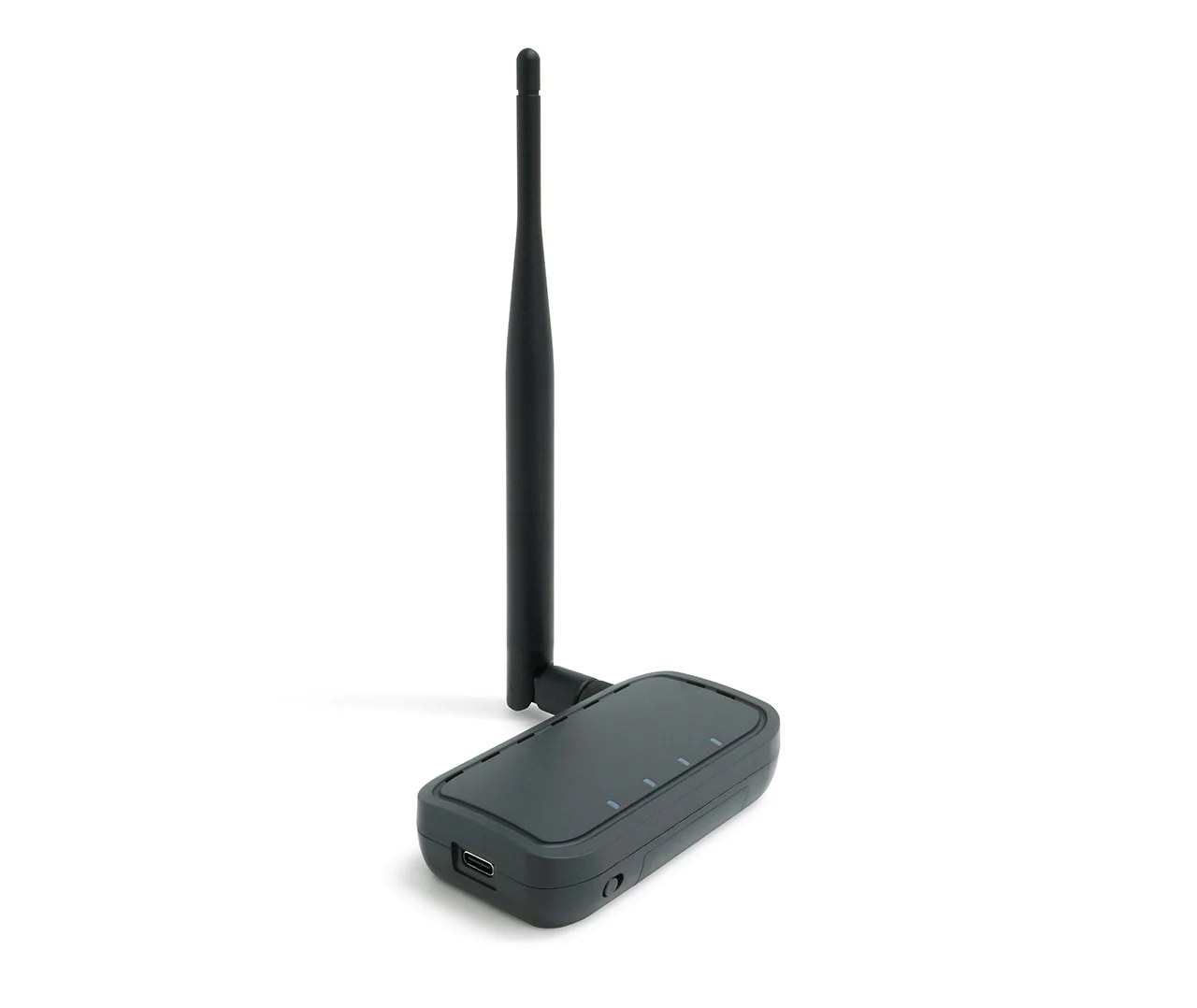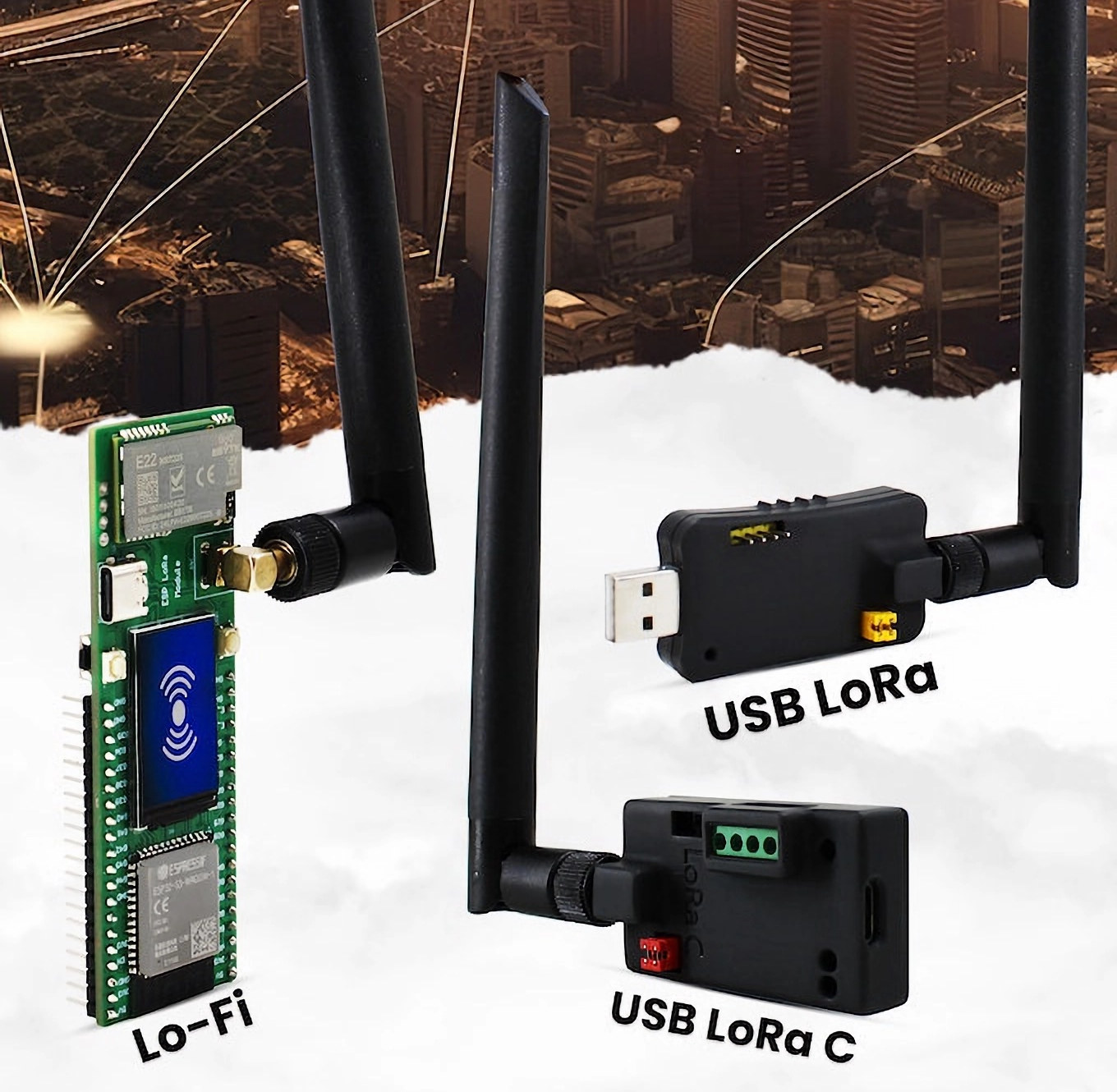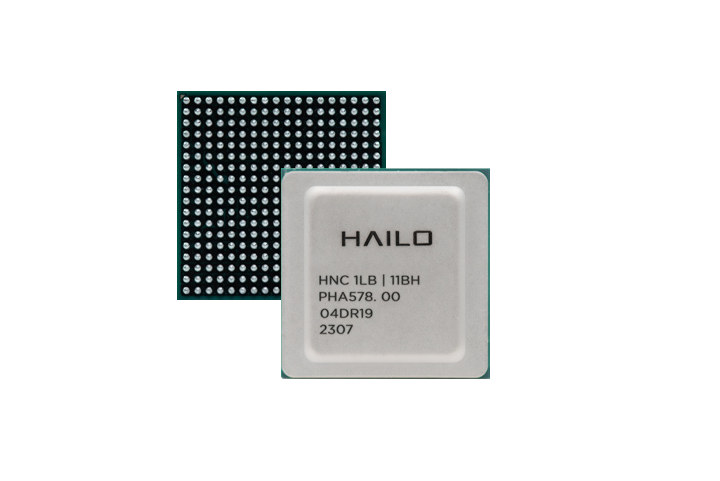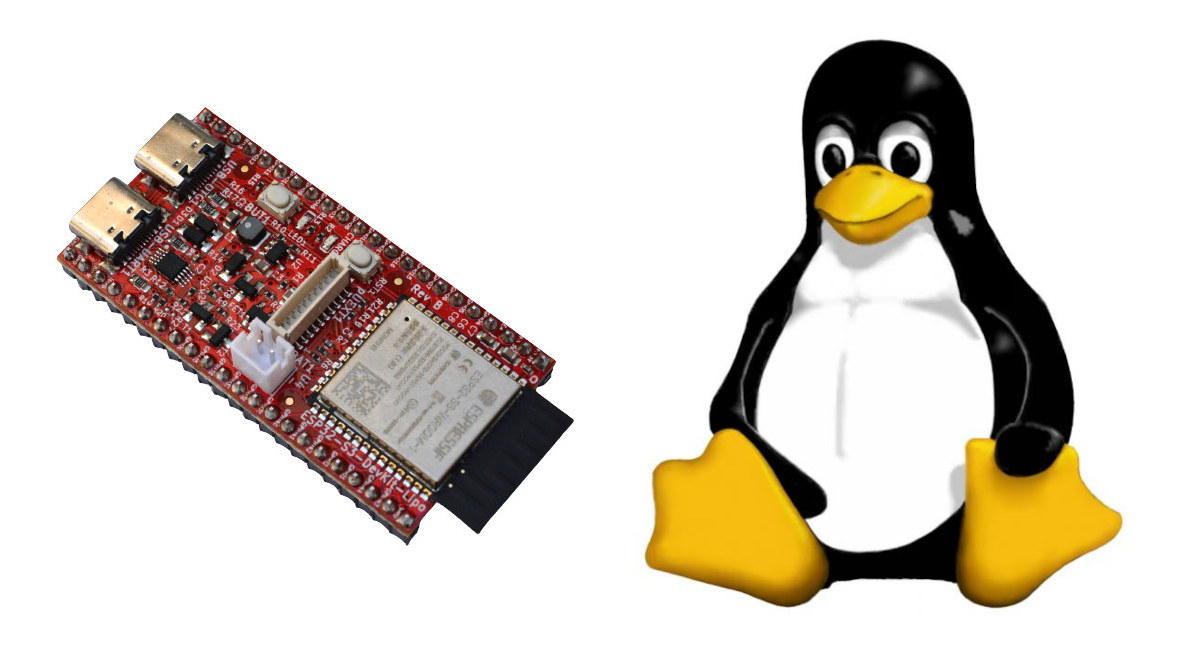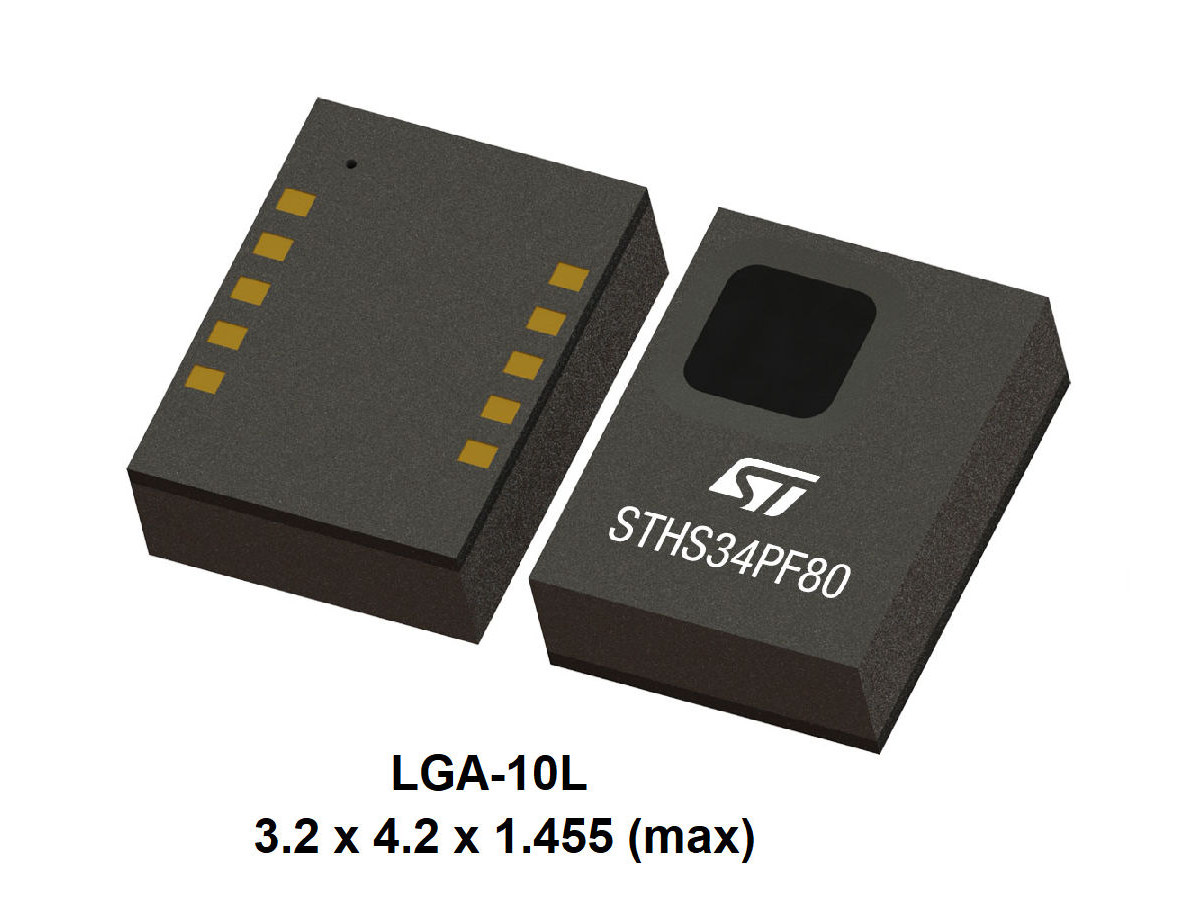SenseCAP T1000 is a credit-size GPS tracker using LoRaWAN low-power long-range connectivity. Smart Agriculture is one specific application that can leverage IoT and LoRaWAN to analyze and manage soil, crops, and water, but also to track the location of livestock. This is an important aspect of farming, and we’ll use the SenseCAP T1000 LoRaWAN GPS tracker to track cattle in this article/review. SenseCAP T1000 unboxing The package contains the SenseCAP T1000 GPS Tracker device, which is about the size of a credit card, and a charging cable. Smart cattle tracking with SenseCAP T1000 LoRaWAN tracker Here are some of the benefits and features of Smart cattle tracking: Identify the location of the swarm in real-time Identify animals easily Increase efficiency and reduce human labor Secure your farm by using the tracker as an anti-theft device Weather change alerts Virtual fence to generate an alert when the animal leaves the designated […]
SenseCAP T1000 – A credit card-sized LoRaWAN GPS tracker based on Semtech LR1110 (Crowdfunding)
SenseCAP T1000 is an ultra-thin credit-card-sized GPS tracker with Semtech LR1110 wireless chip with LoRaWAN, WiFi (scanning), and GNSS connectivity, plus two built-in sensors to monitor temperature, light intensity, and motion. We’ve covered several LTE IoT and LoRaWAN GPS trackers in the past and even tested the RAK811 LoRa GPS Tracker board with our own gateway, but the SenseCAP T1000 is particularly attractive due to its slim design. It works both indoors and outdoors with IP65 waterproof protection, looks quite easy to set up with its button and LED, and also integrates an SOS feature that can be triggered with a long press. SenseCAP T1000 specifications: Wireless Semtech LoRa Edge LR1110 Asset Management Platform LoRa/(G)FSK Half-Duplex RF transceiver working in the 150 – 960MHz; compatible with LoRaWAN 1.0.4 standard GNSS (GPS/ BeiDou) low-power scanning 802.11b/g/n Wi-Fi ultra-low-power passive scanning Unnamed Bluetooth 5.1 LE chip for initial configuration and indoor positioning […]
Silicon Labs SG23 and SG28 SoCs are optimized for Amazon Sidewalk
Silicon Labs has launched two new Cortex-M33 SoCs optimized for Amazon Sidewalk with the EFR32SG23 (SG23) Sub-GHz wireless SoC and the EFR32SG28 (SG28) dual-band wireless SoC with Sub-GHz and Bluetooth LE. Both low-power SoCs are designed for “Internet of Things” applications in smart homes, security, lighting, building automation, and metering and come with a Matrix Vector Processor to enable AI/ML implementation for Smart End Nodes. Silicon Labs SG28 (EFR32SG28) specifications: MCU core – Arm Cortex-M33 @ 78 MHz with DSP instructions and FPU On-chip memory – Up to 256 kB RAM data memory On-chip storage – Up to 1024 kB flash program memory AI accelerator – Matrix Vector Processor for AI/ML acceleration Wireless Sub-GHz radio TX power up to +20 dBm Rx sensitivity – -98.6 dBm sensitivity @ 50 kbps 915 MHz 2GFSK 2.4 GHz BLE radio – TX power up to +10 dBm Protocol – Amazon Sidewalk Energy consumption […]
ALFA Network HaLow-U – An 802.11ah WiFi HaLow USB adapter supporting AP and STA mode
ALFA Network HaLow-U is an 802.11ah WiFi HaLow USB adapter based on the Newracom NRC7292 chipset and NXP i.MX 6 processor that works both in access point (AP) and client (STA) modes. It delivers long-range WiFi up to one kilometer in the 900 MHz frequency ISM bands and is mostly useful for IP cameras and high-end sensors. The ecosystem around WiFi HaLow (802.11ah) is expanding slowly, but surely, and we previously covered a mini PCIe card, a WiFi HaLow development board, and a gateway kit to extend the range of IP cameras, and also ALFA Network’s AHPI7292S Raspberry Pi HAT that found its way into RAKWireless WisGate Connect gateway. The new HaLow-U USB adapter adds another way to bring WiFi HaLow connectivity to more devices. HaLow-U specifications: SoC – NXP i.MX6 Arm Cortex-A9 processor System Memory – 256MB DDR3 Storage – 32MB NOR flash Connectivity 802.11ah HaLow Newracom NRC7292 chipset […]
Lo-Fi ESP32-S3 board features LoRa module for low-power long-range connectivity (Crowdfunding)
SB Components’ Lo-Fi is an ESP32-S3 board equipped with a LoRa module for low-power long-range connectivity, and the company has also introduced two LoRa USB dongles with either Type-A or Type-C connectors. Lo-Fi specifications: Wireless module ESP32-S3-WROOM-1: SoC – ESP32-S3 dual-core LX7 microprocessor @ up to 240 MHz with Vector extension for machine learning, WiFi 4 & Bluetooth 5 LE/Mesh Memory – 8MB OSPI PSRAM Storage – 8MB QSPI flash PCB antenna Dimensions – 25.5 x 18.0 x 3.1 mm Unnamed LoRa module Tx power of up to 22dBm (160mW) adjustable by software Rx sensitivity of up to -138 dBm ISM bands – 433MHz, 868MHz, and 915MHz Range – Up to 5km range Data rates – 300 bps to 62.5 kbps RoHS compliance External LoRa antenna Display – 1.14-inch TFT display with 240×135 resolution USB – 1x USB Type-C port for programming and power Expansion – 2x 20-pin GPIO headers […]
Hailo-8L 13 TOPS AI accelerator targets entry-level edge devices
Hailo introduced the Hailo-8 AI accelerator offering up to 26 TOPS in 2020, and we’ve found it integrated into many designs since then. The company has now launched a cost-down version with the Hailo-8L AI accelerator delivering up to 13 TOPS for more cost-sensitive entry-level edge devices, or workloads that do not require the more powerful Hailo-8. Hailo says the Hailo-8L offers low-latency, high-efficiency processing, and is capable of handling pipelines with multiple real-time streams and concurrent processing of multiple models and AI tasks. The new Hailo-8L is compatible with the Hailo-8 and relies on the same Hailo-8 software suite, so they could be integrated into existing designs for cost savings. Hailo-8L key features and specifications: 13 Tera-Operations Per Second (TOPS) Real-time, low latency & high-efficiency AI inferencing on edge devices No external memory required Scalable with simultaneous processing of multi-streams & multi-models Typical power consumption – 1.5W Commercial & […]
12 Euros ESP32-S3-DevKit-LiPo board runs Linux 6.3
Olimex ESP32-S3-DevKit-LiPo is a new open-source hardware ESP32-S3 board with 8MB flash, 8MB PSRAM, as well as LiPo battery and JTAG support that can run Linux 6.3, or the more traditional Arduino or MicroPython firmware. The board is based on the ESP32-S3-WROOM-1-N8R8 module, features two USB-C ports for power, programming, and JTAG debugging, plenty of expansion with two rows of I/Os plus a pUEXT connector, Reset and Boot buttons, and a couple of LEDs. ESP32-S3-DevKit-LiPo specifications: Wireless module – Espressif ESP32-S3-WROOM-1-N8R8 with SoC – ESP32-S3 dual-core LX7 microprocessor @ up to 240 MHz with Vector extension for machine learning, WiFi 4 & Bluetooth 5 LE/Mesh Memory – 8MB OSPI PSRAM Storage – 8MB QSPI flash PCB antenna Dimensions – 25.5 x 18.0 x 3.1 mm USB 1x USB Type-C OTG port also used for JTAG/Serial 1x USB Type-C port for USB-serial programming and power Expansion 2x 22-pin GPIO headers pUEXT […]
STMicro STHS34PF80 IR sensor for motion and presence detection aims to replace PIR sensors
STMicro STHS34PF80 is a new IR sensor designed for IoT and Smart Home devices requiring motion and/or presence detection that offers an alternative to traditional passive infrared (PIR) sensors and is mostly useful for building automation. The latest IR sensor from STMicro contains thermal transistors (MOSFETs) that can not only detect motion but also stationary objects, something that’s not feasible with conventional PIR detectors that require motion for object detection. The company further adds that PIR sensors need a Fresnel lens to sense moving objects, but the STHS34PF80 detector does not require a lens and as a result, enables much smaller designs. STHS34PF80 key features and specifications: Range up to 4 meters without lens for objects measuring 70 x 25 cm² Integrated silicon IR filter IR sensitivity – 2000 LSB/°C RMS noise – 25 LSBrms Operating wavelength – 5 µm to 20 µm Local temperature sensor accuracy – ±0.3 °C […]


